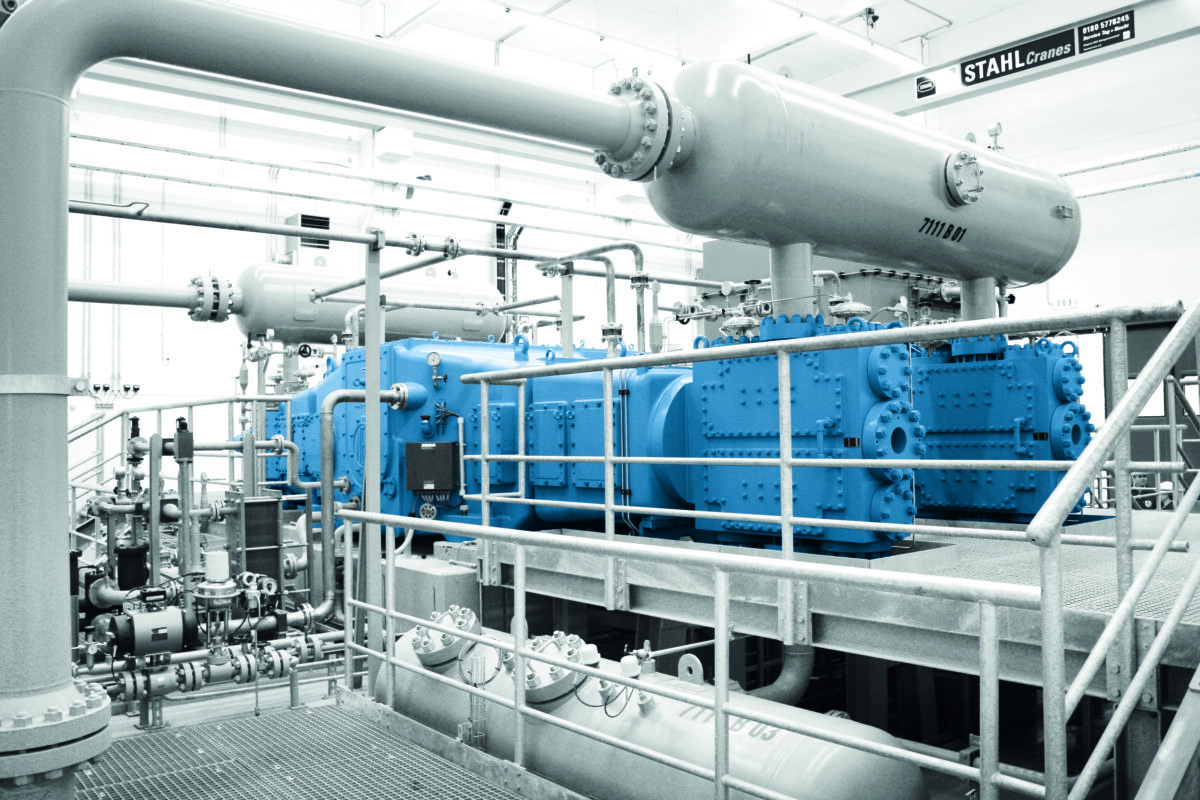
Hydrogen has emerged as a crucial element in the transition towards a more sustainable and environmentally friendly energy sector. One of the key technologies that enable the utilization of hydrogen is hydrogen compressors. These innovative machines play a vital role in various applications, from hydrogen fueling stations to industrial processes. To fully realize the potential benefits of hydrogen compressors, it is essential to understand their capabilities, challenges, and how to effectively implement them. If you are looking for hydrogen compressors, then you may visit this link.
The Importance of Hydrogen Compressors
Benefits of Hydrogen Compressors:
- Enable the storage and transportation of hydrogen gas efficiently.
- Facilitate the refueling of hydrogen-powered vehicles quickly.
- Support various industrial processes that require compressed hydrogen.
- Contribute to the overall efficiency of hydrogen energy systems.
Challenges in Hydrogen Compression:
- Hydrogen embrittlement of compressor materials.
- High operating pressures and temperatures.
- Energy-intensive compression process.
- Compatibility with different hydrogen purity levels.
Recent Innovations in Hydrogen Compressors
Advancements in technology have paved the way for the development of more efficient and reliable hydrogen compressors. Manufacturers are constantly striving to improve the performance and sustainability of these machines to meet the growing demand for hydrogen applications. Some of the recent innovations in hydrogen compressors include:
Materials and Design:
- Exploration of new materials resistant to hydrogen embrittlement.
- Optimized compressor designs for higher efficiency and durability.
Smart Controls and Automation:
- Integration of sensors and IoT technology for real-time monitoring.
- Automation of processes to enhance operational reliability.
Energy Efficiency:
- Utilization of innovative cooling systems to reduce energy consumption.
- Development of variable speed drives for adaptive compression settings.
Key Considerations for Implementing Hydrogen Compressors
While the potential of hydrogen compressors is substantial, their successful implementation requires careful planning and consideration of various factors. Here are some key considerations for organizations looking to deploy hydrogen compressors:
Infrastructure Requirements:
- Availability of hydrogen supply and distribution infrastructure.
- Compatibility with existing industrial processes or fueling stations.
Safety and Regulations:
- Adherence to safety standards for handling and storing compressed hydrogen.
- Compliance with regulatory requirements for hydrogen facilities and operations.
Cost and ROI Analysis:
- Evaluation of upfront investment costs for purchasing and installing compressors.
- Assessment of long-term cost savings and return on investment from using hydrogen compressors.
Conclusion
Hydrogen compressors are essential components in harnessing the full potential of hydrogen as a clean energy source. With ongoing innovations and advancements in technology, these machines are becoming more efficient, reliable, and cost-effective. By addressing the challenges and considerations associated with hydrogen compressors, organizations can successfully implement these technologies and contribute to a more sustainable energy future.